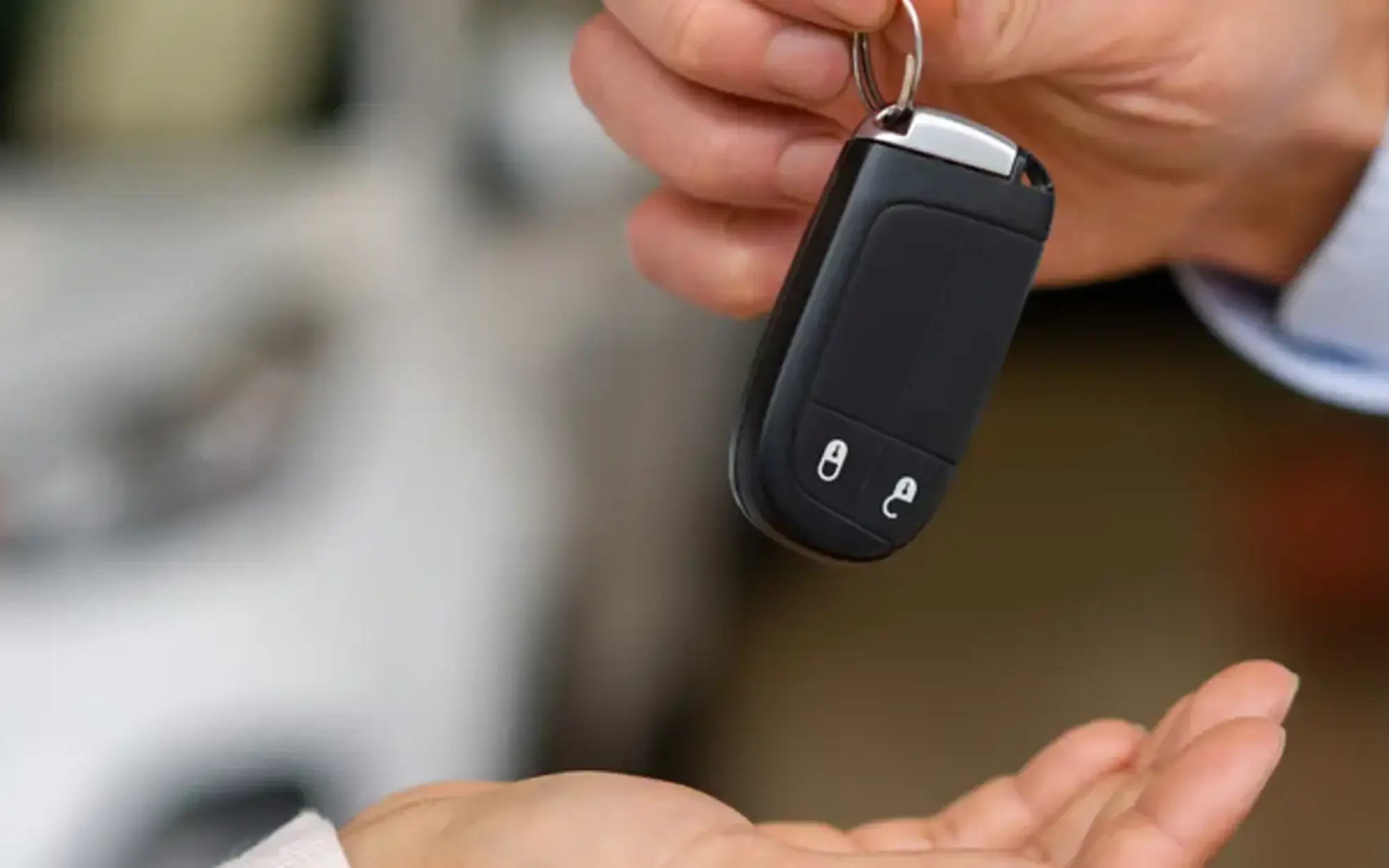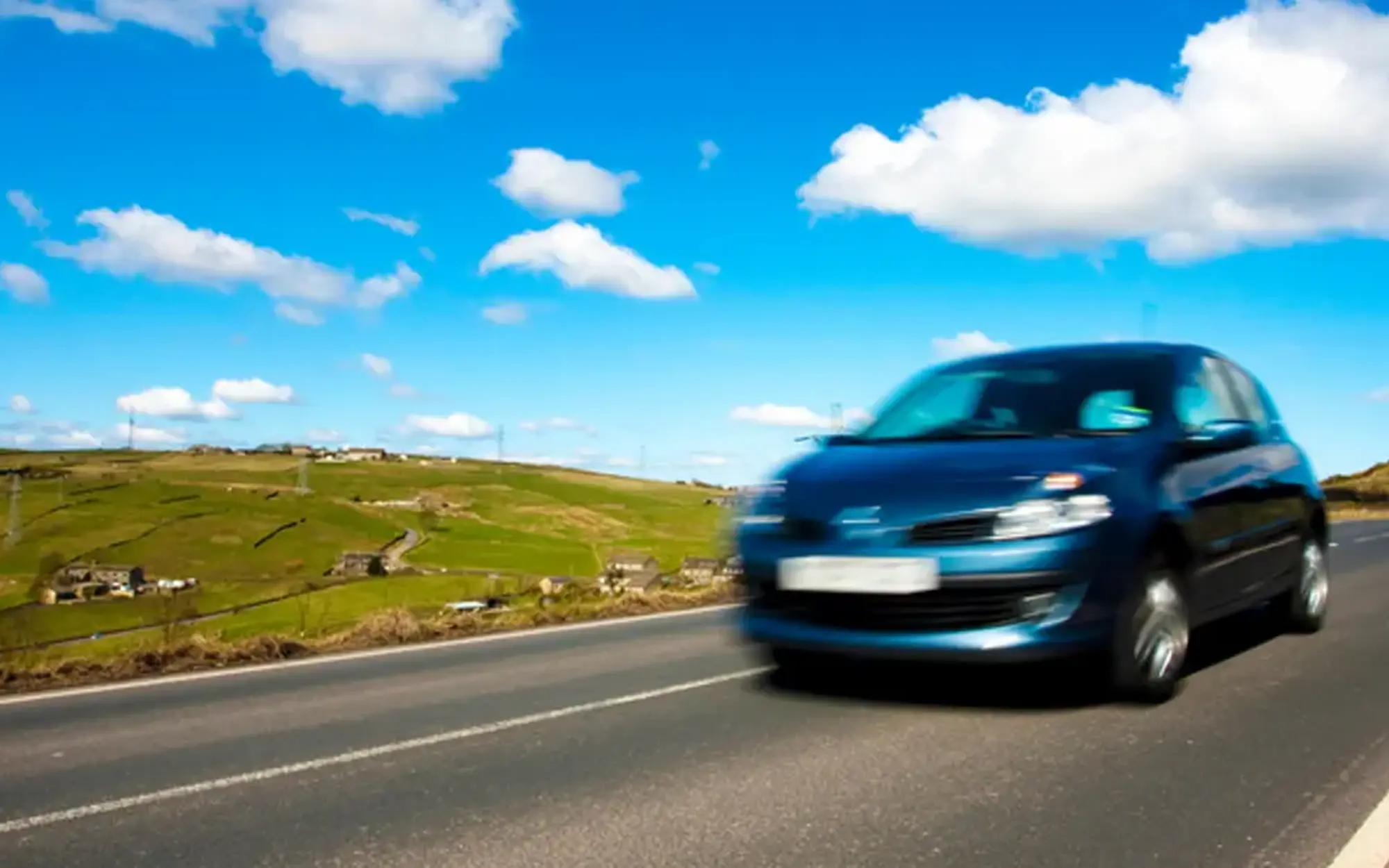
Company car fuel benefit
If you have a company car that is paid for by your employer, which you use full time including out of business hours, then you’ll need to pay the company car fuel benefit.
Interested in business breakdown cover?
Contents
- What is the company car fuel benefit? This article explains the company car fuel benefit, a tax on employees who use employer-provided fuel for personal trips.
- How is it calculated? Learn how to work out the cost using the car’s benefit in kind (BIK) rate, the fuel charge multiplier, and your income tax bracket.
- Is it worth it? We break down whether this benefit is cost-effective and explore alternatives like fuel cards for better fleet management.
What is a company car fuel benefit?
This tax is for employees who have been given a company car and free fuel to use during personal hours. A company car fuel benefit is a tax that’s charged to you for using the fuel that’s paid for by your employer, which is why HMRC regards it as free fuel.
It will, therefore, still cost you to receive the fuel as this tax still needs to be paid. If your employer does not subsidise this benefit, you will be taxed accordingly.
How is fuel benefit calculated for a company car?
To calculate how much fuel benefit you'll have to pay, you need to calculate the vehicle's benefit in kind (BIK) with a fuel charge multiplier.
The benefit in kind or BIK tax is evaluated by multiplying the car’s CO2 emission level, the value of the car when new - including any modifications - and your income tax bracket. If you’re unsure how to calculate your tax rate, find out more about BIK tax here.
To work out if the company car fuel benefit is worth it, make this calculation to see how much tax you’ll need to pay annually:
Your BIK percentage is multiplied by the car fuel benefit charge multiplier. This car fuel benefit charge multiplier can change each year and the rate is controlled by HMRC. For the 2023/2024 tax year, the car fuel benefit charge multiplier is £27,800.
For Example
If your BIK percentage was 25%, as your petrol vehicle falls into the 105-109 CO2 bracket, then you’d multiply 0.25 (25%) by 27,800 to reach £6,950.
Reduce the £5,850 figure by multiplying it by your tax margin, which is typically either 20% or 40%.
£5850 x 0.2 = £1390 tax payable.
If you are spending under £1390 a year on fuel then the car fuel benefit is perhaps not worth it, as you’d still have to pay the calculated amount.
Is it worth taking a company car?
This all depends on how many miles you’re clocking up on your company car. If you are on average paying out more for fuel than the car fuel benefit amount, then having a company car and receiving free fuel is worth it. But, if you don’t spend that much on fuel, then you’d be paying more with this benefit.
If you are an employer and you pay for your fleet’s fuel during personal times you will not only have to pay for the full cost of the fuel, but you’ll have to contribute a significant amount of National Insurance. This is because you’re giving out a taxable company benefit.
It’s worth looking into and researching the typical amount you'd have to pay before agreeing to a company car with car fuel benefit fees attached.
The benefits of using a Company Fuel Card to calculate tax
In managing a fleet, understanding and optimising fuel expenses is crucial. A company fuel card is a powerful tool for Fleet Managers to track mileage and fuel consumption accurately. This is especially pertinent when considering the inclusion of fuel costs or company car fuel benefits in tax returns. By monitoring fuel usage through a fuel card, businesses can make informed decisions on whether it's financially advantageous to claim these as expenses, potentially leading to significant savings on tax obligations.
Are Fuel Cards worth it for small businesses?
For small businesses, fuel cards offer a streamlined way to manage fuel expenses across the fleet. They not only simplify the process of tracking each vehicle's fuel consumption but also can lead to discounts and savings on fuel purchases. Furthermore, the integration of fleet management fuel cards into your operations allows for a personal fuel allowance system. This means employees who use company cars for personal trips can easily distinguish between business and personal fuel use, ensuring transparency and accuracy in expense reporting.
Get the RAC Fuel Card, powered by All-Star
The RAC Fuel Card, powered by All Star, elevates the management of your fleet's fuel expenses to the next level. With widespread acceptance across a vast network of fuel stations, it offers unparalleled convenience and efficiency. The card allows for easy tracking of fuel expenses, offering detailed insights into your fleet's fuel consumption patterns. This can help identify areas for improvement and ensure that your fleet operates as cost-effectively as possible. Adopting the RAC Fuel Card into your fleet management strategy not only streamlines fuel expense tracking but also supports making informed decisions that can enhance the financial health of your business.
Business related articles
Company car FAQs
The fuel benefit charge is calculated by multiplying the fuel benefit charge multiplier by the car's appropriate percentage; that is the CO₂ emissions derived percentage used to calculate the car benefit charge, including any diesel supplement.
Your company car fuel benefit charge is calculated by multiplying the fuel benefit charge multiplier by the car's appropriate percentage. You can find out your fuel benefit charge in our useful article on mileage.
Fuel allowance is also known as fuel allowance. This is what an employer will pay for or reimburse for mileage driven for business activities.
To calculate the company car - or BIK - tax, multiply the P11D value by the BIK percentage banding, then multiply that figure by your tax band - i.e. 20% or 40%.
You do not get taxed if you are using a fuel card for business trips only. Using a fuel card for business purposes is not classed as a taxable benefit.
The RAC Fuel Card, powered by All Star, can offer a range of benefits to your business including greater management over your fleets fuel expenses. Fuel cards can be purchased and used by any type of business. Enquire today and elevate your fuel spending.

Get in touch
Prefer to speak to one of our team about business breakdown cover? No problem, enquire below or give us a call on 0330 159 0975
Get a quote
Build your cover now to get a quote in minutes.




